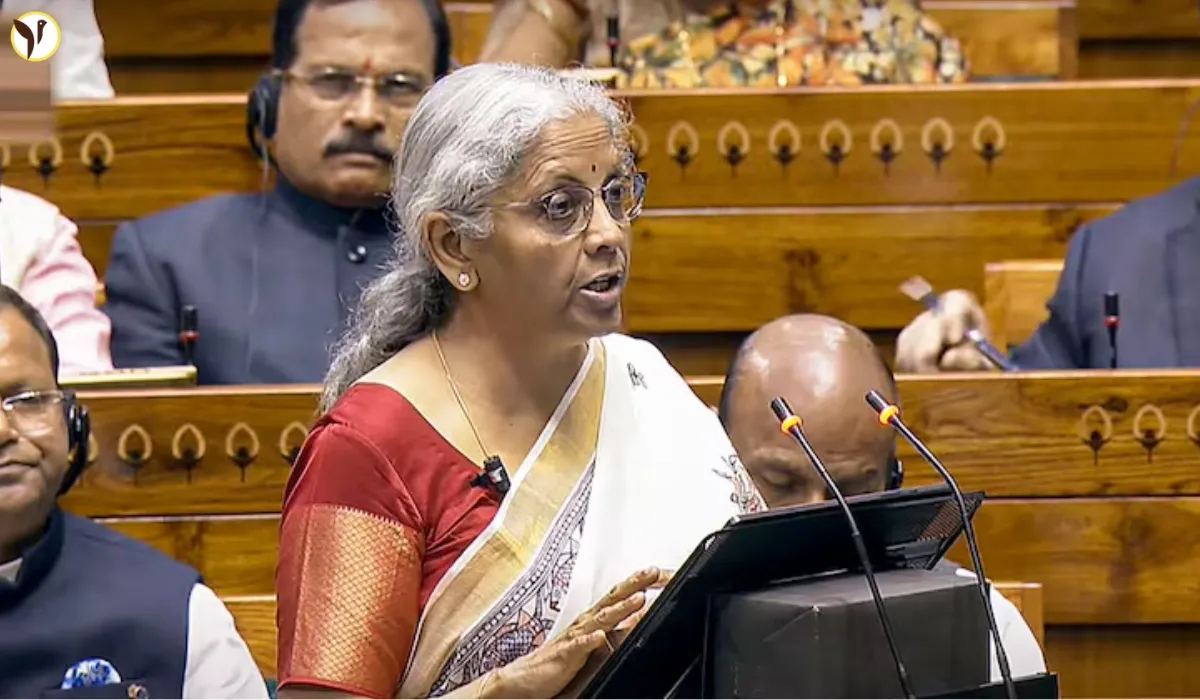Germany's Coalition Chaos: Merz's Broken Promises Fuel AfD's Rise
Things are getting pretty tense in German politics. The negotiations to form a new government are, to put it mildly, a disaster. Publicly, the parties involved are all smiles and handshakes, but behind the scenes? It’s utter pandemonium. The latest polls paint a grim picture for Friedrich Merz and the CDU/CSU.
Broken Promises and Plummeting Support
Remember all those promises Friedrich Merz made during the election campaign? Well, many of them seem to be going out the window. He pledged to crack down on illegal immigration – a key concern for many voters. Now, to secure a coalition with the SPD, it looks like he's doing a complete 180. The SPD, on the other hand, wants to welcome 500,000 migrants a year, give non-German migrants voting rights, and make deportation a last resort. Talk about a clash of ideologies!
And it's not just migration. There are huge disagreements on taxation (CDU wants cuts, SPD wants increases), and even the controversial self-determination act – allowing easy gender and name changes – is causing a major rift.
The consequences? A new ZDF poll showed a staggering 73% of respondents feel deceived by Merz – including 44% of CDU/CSU supporters! That's a huge blow to his credibility.
- Broken promise 1: Stricter border controls on migrants.
- Broken promise 2: No increase in borrowing.
- Broken promise 3: Repeal of the self-determination act.
The AfD's Meteoric Rise
Meanwhile, the AfD is laughing all the way to the bank – or rather, to the Bundestag. Their popularity is exploding. The latest INSA/BILD poll puts them at 23.5%, nearly neck and neck with the CDU/CSU at 27%. That’s a significant jump from their election result just a month ago. They've even secured the largest number of seats in the new parliament. AfD leader Alice Weidel wasted no time in gloating about the results. The party is openly talking about putting forward their own candidate for chancellor in the next election.
What Happens Now?
Honestly, I have no idea. This whole situation is incredibly volatile. Merz is facing a massive revolt within his own party, and the public is deeply distrustful. The coalition negotiations are a mess, and the AfD is capitalizing on the chaos. It feels like Germany is teetering on the edge. One thing is certain: The next few weeks will be absolutely crucial for the future of German politics.
Stay tuned for updates. This is a story that's far from over.









